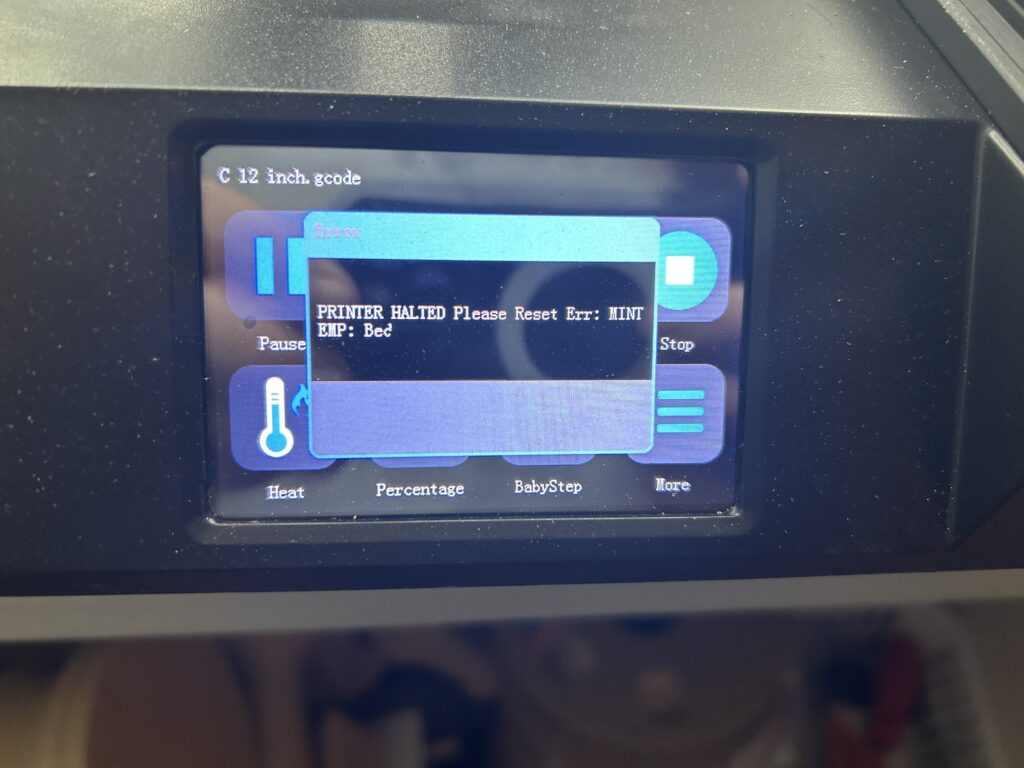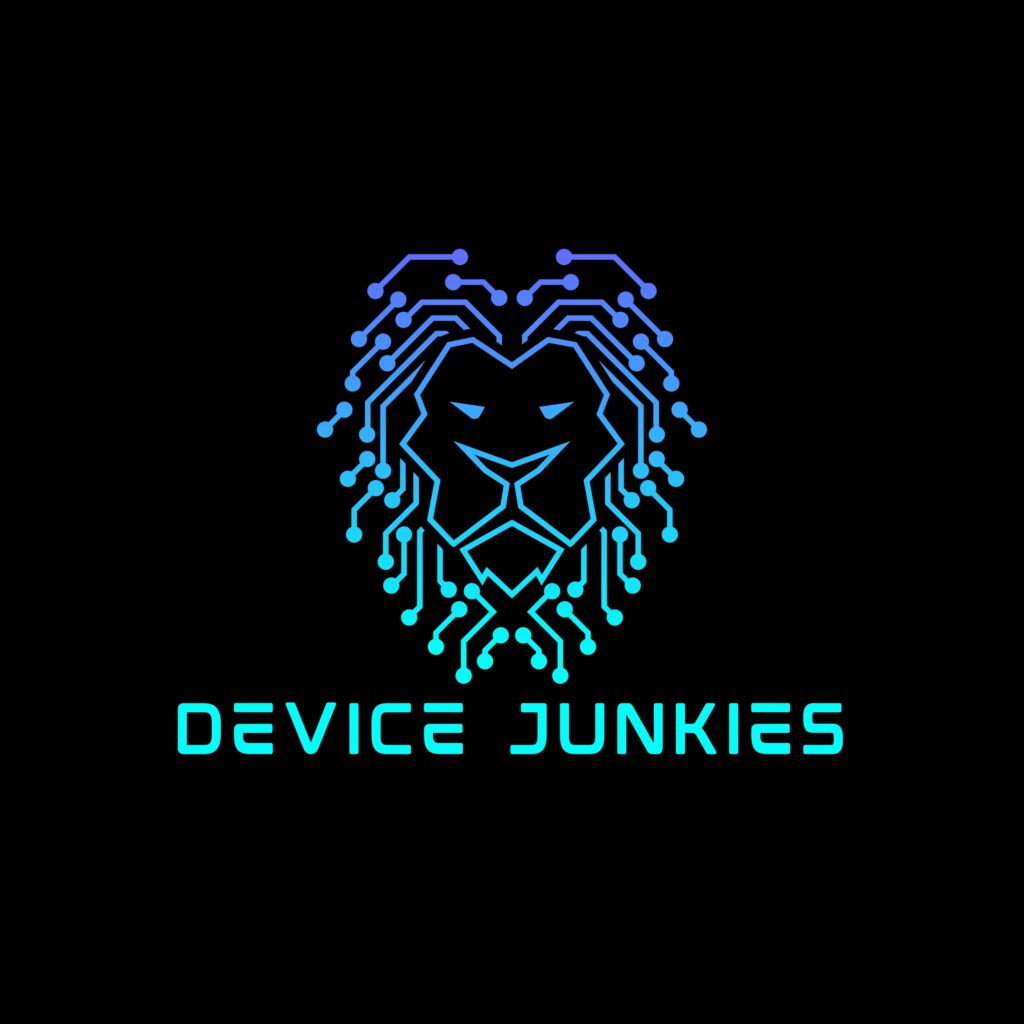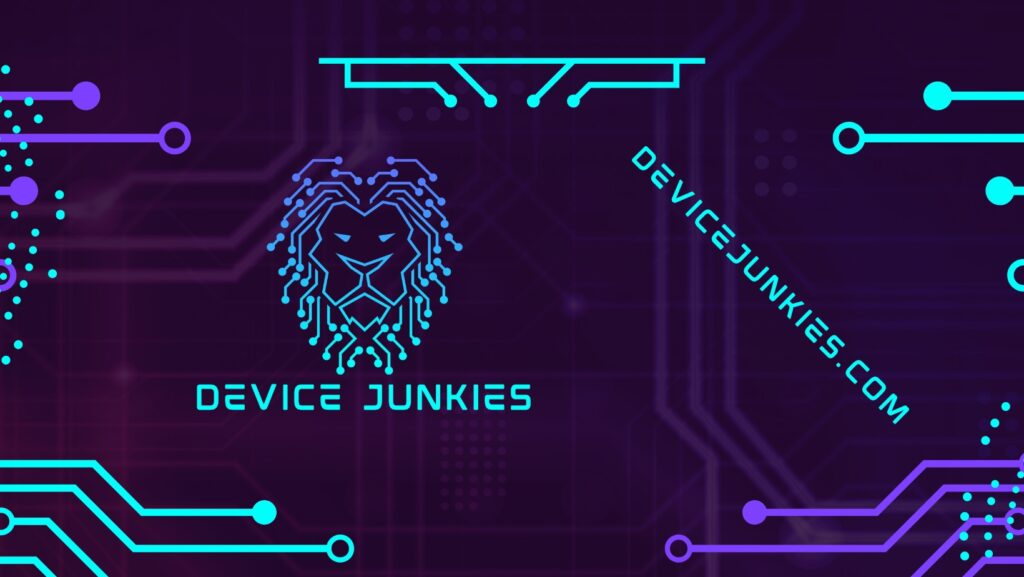Organizing and managing events can be a complex and demanding task. Event managers face numerous challenges, including planning logistics, coordinating vendors, managing registrations, and ensuring a seamless experience for attendees. In this article, we explore essential software solutions that can streamline event management processes and empower event managers to deliver successful and memorable events.

- Event Planning and Project Management Software: Event planning and project management software are invaluable tools for event managers. These solutions offer features such as task management, timelines, budget tracking, and team collaboration. They enable event managers to stay organized, track progress, and ensure that all aspects of the event are properly planned and executed. Examples of popular event planning and project management software include Asana, Trello, and Monday.com.
- Online Registration and Ticketing Platforms: Online registration and ticketing platforms simplify the event registration process, making it easier for attendees to sign up and purchase tickets. These platforms allow event managers to create customized registration forms, collect attendee information, process payments securely, and track registrations in real-time. Some widely used online registration and ticketing platforms include Eventbrite, Cvent, and Ticket Tailor.
- Event Marketing and Promotion Tools: Effective marketing and promotion play a crucial role in attracting attendees and creating buzz around an event. Event managers can leverage various software tools to optimize their marketing efforts, including email marketing platforms, social media management tools, and event listing websites. Platforms like Mailchimp, Hootsuite, and Eventful provide event managers with the means to reach a wider audience, engage potential attendees, and generate interest in their events.
- Mobile Event Apps: Mobile event apps enhance the attendee experience and provide event managers with a powerful communication and engagement tool. These apps allow event managers to share event schedules, speaker profiles, interactive maps, and real-time updates. Attendees can access event information, network with other participants, and provide feedback through the app. Popular mobile event app solutions include Attendify, Whova, and EventMobi.
- Venue Management Software: For larger events or conferences, venue management software helps event managers efficiently manage venue logistics, including space allocation, room bookings, seating arrangements, and equipment management. These tools provide event managers with a centralized platform to handle all aspects related to the event venue, ensuring smooth operations and maximizing space utilization. Examples of venue management software include Priava, Ungerboeck, and ArtifaxEvent.
- Data Analytics and Reporting Tools: Data analytics and reporting tools enable event managers to gather and analyze data related to event performance, attendee behavior, and marketing effectiveness. These insights help event managers identify areas of improvement, track key performance indicators, and make data-driven decisions for future events. Software solutions like Google Analytics, Eventbrite Analytics, and Bizzabo provide event managers with comprehensive data analysis capabilities.
The demanding nature of event management requires the utilization of software solutions to streamline processes and enhance overall efficiency. The software tools discussed in this article, including event planning and project management software, online registration platforms, event marketing tools, mobile event apps, venue management software, and data analytics tools, empower event managers to orchestrate successful events, improve attendee experiences, and optimize event outcomes. By leveraging these software solutions, event managers can focus on creating memorable experiences while minimizing administrative tasks and maximizing their overall impact.
Expanding Horizons in Event Management 🌐
In the dynamic realm of event management, where every detail matters, it’s essential to explore additional facets that can elevate your expertise. Building upon the previous discussion, let’s delve deeper into key areas related to event planning, alternatives to Priava, data security, and sustainability.
Streamlining Event Planning 📝
Efficiency is the heartbeat of successful event planning. Here are strategies to streamline your processes:
Automation Tools 🤖
Implement automation tools like Zapier to reduce manual tasks, automate emails, and enhance productivity.
Cloud-Based Collaboration ☁️
Leverage cloud-based collaboration platforms such as Google Workspace or Microsoft 365 for seamless real-time teamwork.
Integrated Project Management 📅
Integrate project management tools like Asana, Trello, or Monday.com to enhance task management and collaboration within your team.
Gathering Event Feedback 📊
Collect valuable attendee feedback through post-event surveys using tools like SurveyMonkey or Google Forms to refine your strategies.
Exploring Alternatives to Priava 🏢
While Priava is a popular choice for venue management, consider these alternatives:
Ungerboeck 📆
Explore Ungerboeck, known for its flexibility in venue and event management, offering features such as event scheduling, resource management, and CRM.
ArtifaxEvent 🎭
ArtifaxEvent is tailored for cultural venues and event spaces, providing tools for event planning, scheduling, and resource management.
Social Tables 🍽️
For events with complex seating arrangements, Social Tables offers event diagramming and seating management features.
Event Security and Data Protection 🔐
Protecting sensitive data and ensuring attendee information security is paramount:
Data Encryption 🔒
Implement robust data encryption protocols, including SSL certificates and secure payment gateways.
Privacy Policy Compliance 📜
Stay updated on data protection regulations like GDPR and CCPA, and create clear privacy policies for attendees.
Cybersecurity Measures 🌐
Invest in cybersecurity measures such as regular software updates, firewalls, and employee cybersecurity training.
Embracing Sustainable Event Planning ♻️
Sustainability is gaining prominence in the event industry:
Eco-Friendly Venues 🌿
Choose venues with eco-friendly facilities and waste reduction initiatives to promote sustainability.
Digital Marketing 📧
Shift to digital marketing strategies to reduce paper waste, utilizing email campaigns, social media, and event apps.
Sustainable Catering 🍴
Opt for caterers offering locally sourced, organic, and sustainable food options while minimizing food waste.As the event management landscape evolves, continuous adaptation to trends and technologies is key to success. Whether you’re streamlining planning, exploring alternatives to Priava, bolstering data security, or embracing sustainability, your commitment to staying informed will lead to greater achievements in this ever-evolving field.
Event Tech Trends Shaping the Future 🚀
The event management industry is continually evolving, driven by technological innovations that enhance experiences and efficiency. In this segment, we’ll explore cutting-edge event technology trends that are shaping the future of the industry.
Virtual and Hybrid Events 🌐
The COVID-19 pandemic accelerated the adoption of virtual events. This trend continues as hybrid events gain prominence:
Virtual Reality (VR) 🕶️
Immersive VR experiences are becoming common, allowing attendees to participate in events from anywhere in the world.
Hybrid Platforms 🌍
Event platforms are integrating virtual and in-person components to cater to diverse audiences.
Artificial Intelligence (AI) and Chatbots 🤖
AI-driven solutions are revolutionizing event management:
Attendee Engagement 📱
AI-powered chatbots provide real-time support, answer queries, and engage attendees before, during, and after events.
Data Analysis 📊
AI algorithms analyze attendee data to personalize experiences and improve event ROI.
5G Connectivity 📡
The rollout of 5G networks brings high-speed connectivity to events:
Enhanced Live Streaming 📹
5G enables seamless live streaming of events with minimal lag, providing a better remote experience.
Augmented Reality (AR) 🌟
AR features enhance on-site experiences, offering interactive displays and information overlays.
Contactless Solutions 📱
Contactless technology is here to stay, improving safety and convenience:
Mobile Event Apps 📲
Apps facilitate contactless check-ins, digital ticketing, and real-time event updates.
Cashless Payments 💳
Cashless transactions reduce physical contact, offering secure payment options.
Sustainability Initiatives 🌿
The event industry is increasingly embracing eco-friendly practices:
Carbon Offsetting ♻️
Events are implementing carbon offset programs to reduce their environmental impact.
Sustainable Swag 🛍️
Promotional items are eco-friendly, reusable, or ethically sourced to reduce waste.
Data Privacy and Security 🔒
Protecting attendee data remains a top priority:
Secure Registration 🛡️
Enhanced registration processes include robust security measures to safeguard attendee information.
Compliance Training 📜
Event staff are trained to handle data responsibly and ensure GDPR and other data protection compliance.
These emerging event technology trends are reshaping the way events are planned, executed, and experienced. Embracing these innovations can help event managers stay ahead in a dynamic and competitive industry.
As an Amazon Associate we earn from qualifying purchases through some links in our articles.




